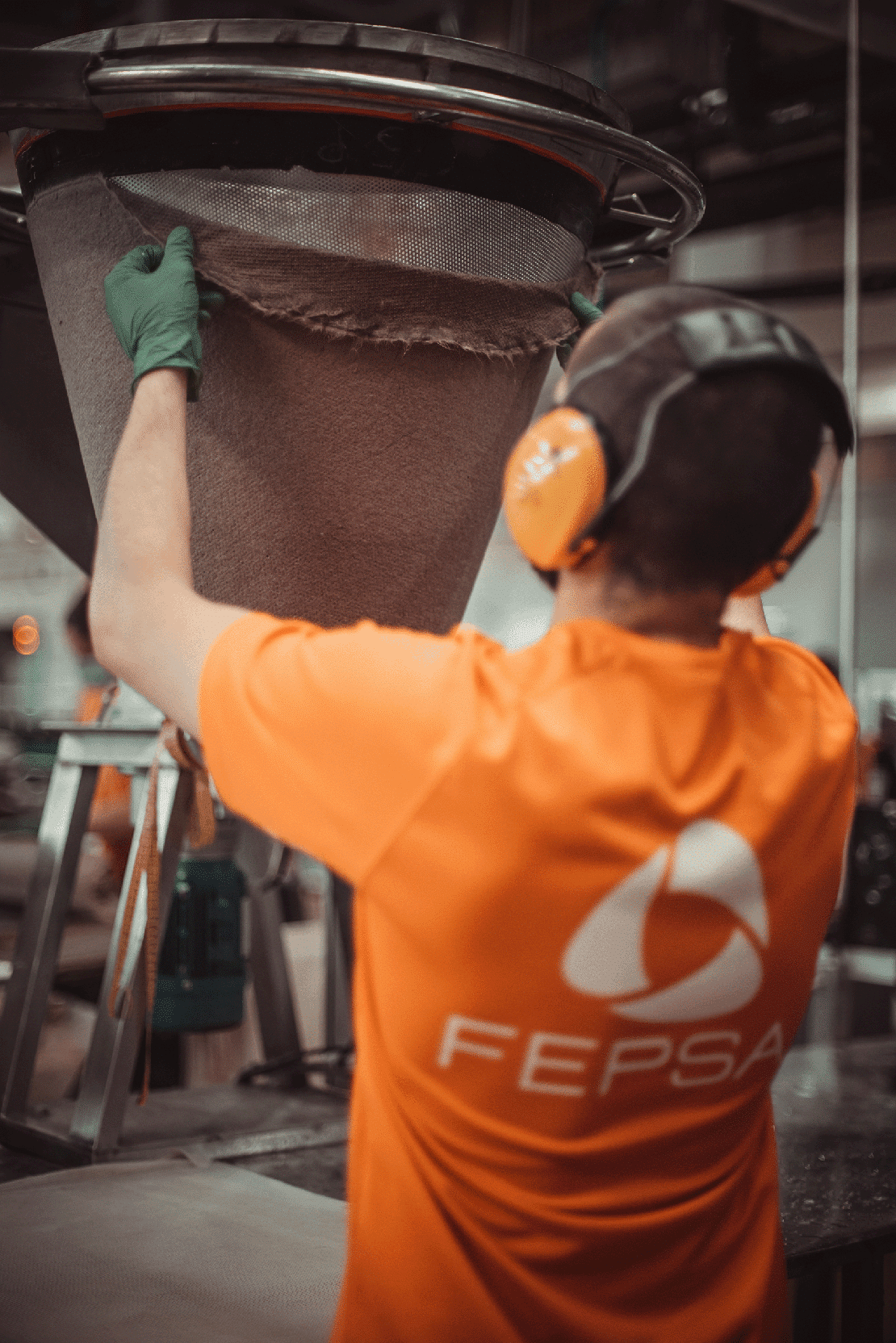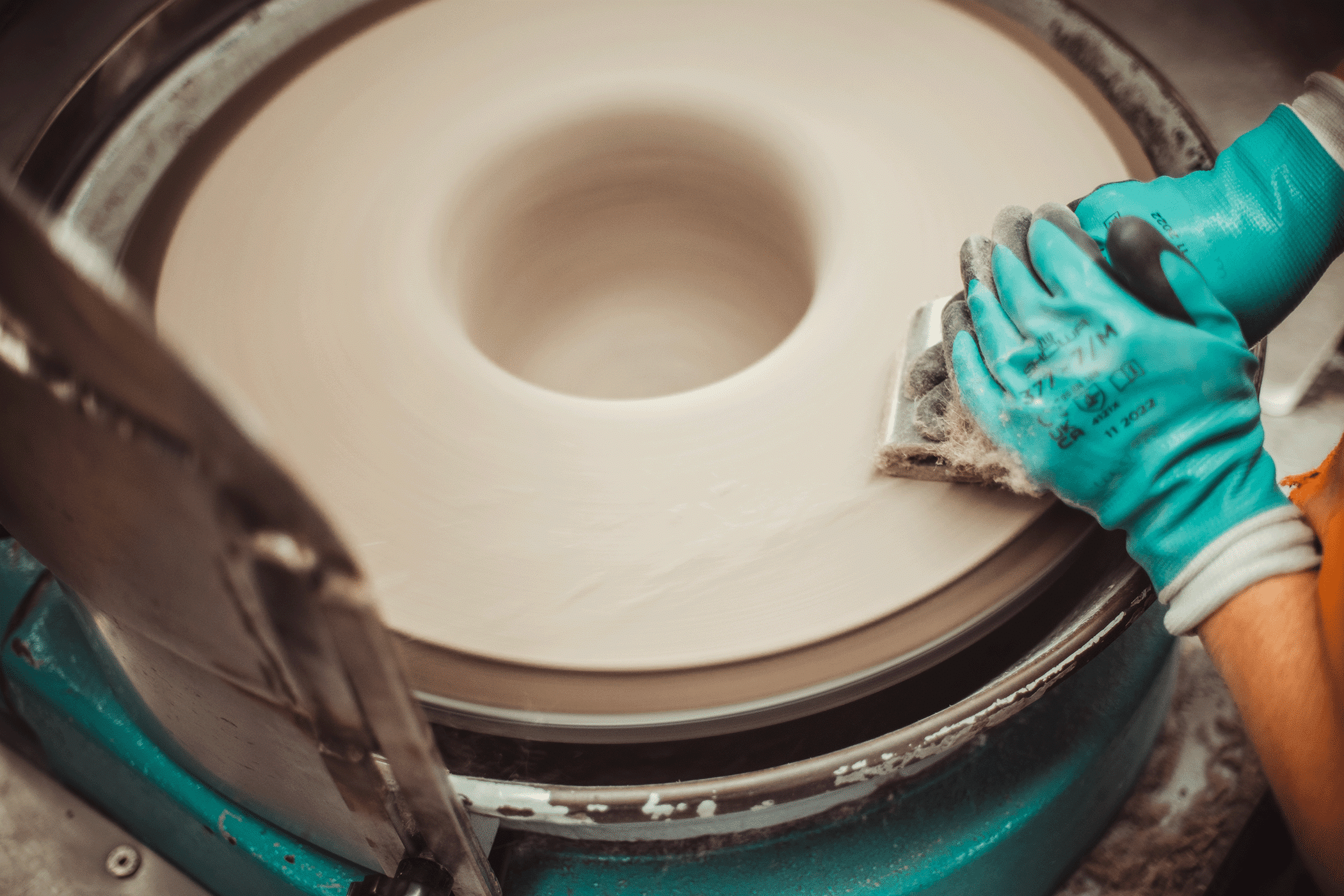

about us
FEPSA was founded in 1969 in S. João da Madeira, with the union of 6 industrials from hat industry with roots in the early 20th century, and is widely the consolidation of a very ancient industry in Europe, which in Portugal had a significant boost in the 18th century with Marquis of Pombal.
Felts for hats in FEPSA are produced by men and women whose knowledge and dedicated work compete in a universe of top quality products and services. Since the beginning we have had a constant concern with innovation, we have bet on technological development, on flexibility to respond to a wide variety of customers and we have adopted a series of different elements of production’s organization.
Felt is produced by the random arrangement of animal fibres on a surface, creating a mantle, and its felting by compression and vibration, under the action of water and heat.
This manufacturing process is known to mankind for thousands of years, and was one of the first manufacturing processes developed by humans. Felt has therefore a history almost as old as the history of man himself.
The role of hat has been always a symbol of power and sovereignty, a sign of superiority, a social identification symbol. Felt hat distinguished people throughout history, defined personalities, created identities... and keeps on doing so.